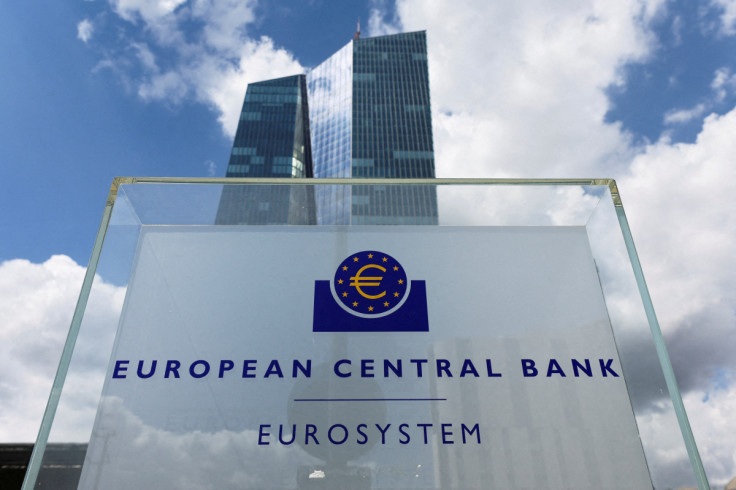ECB set to warn of risks in its non-binding opinion on Spanish tax proposal, sources say
The European Central Bank is set to warn of the adverse impact on Spanish banks' solvency of a proposed tax on the sector and of a higher cost of credit in an upcoming non-binding opinion, two sources with direct knowledge of the matter said.

The European Central Bank is set to warn of the adverse impact on Spanish banks' solvency of a proposed tax on the sector and of a higher cost of credit in an upcoming non-binding opinion, two sources with direct knowledge of the matter said.
"Attention will be drawn to the adverse impact on solvency and to risks for the transmission of monetary policy, as higher taxes could lead to an increase in the cost of loans," one of the sources told Reuters on condition of anonymity.
The ECB declined to comment.
It is not unusual for the ECB to issue an opinion on similar tax proposals, as was the case for the financial sector of other euro zone countries, such as Lithuania in 2019, when it warned about potential negative consequences for the sector.
The central bank's opinions describe the risks from any proposed measures on credit or financial stability.
Governments are not obligated to take such opinions into account but most amend proposals in the case of warnings likely to be seen as a negative assessment.
In July, Spain's leftist ruling coalition introduced a bill in parliament to create a temporary levy on banks and large energy companies aimed at raising 3 billion euros ($3 billion) by 2024.
Warnings raised by the ECB could give the sector more fire power to potentially amend the bill that is being debated in parliament.
The government's rationale for imposing that tax was to help offset higher living costs on vulnerable households at a time when lenders were already benefiting from higher interest rates.
Banks have however warned about the negative impact on credit and on the economy at a time when recession looms and lenders could also be forced to set aside more provisions to weather the crisis.
The banking tax includes a 4.8% charge on banks' net interest income and net commissions above a threshold of 800 million euros, leaving out smaller Spanish lenders and the units of foreign banks in Spain.
Taxing revenues in Spain instead of profit means that even a bank with potential losses might be taxed, hitting capital, the first source said.
A team of experts from the ECB and the Bank of Spain and from areas such as supervision, financial stability, economy and monetary policy, are working to form the opinion, which is expected shortly.
Internal calculations undertaken by those experts believe that the tax could hit the Spanish banks' capital by an average of around 0.5 percentage points.
"It affects solvency and financial stability but will not ultimately put Spanish banks at risk," the first source said.
Though bankers have said that legally challenging the bill was an option, a senior executive from a top Spanish bank recently told Reuters that no legal options were being explored for now.
The ECB will determine that the tax proposal could lead to more expensive loans as costs arising from the tax could be passed on by banks to companies despite the government's intention to limit those side-effects, the first source said.
"What that means is that the translation of monetary policy in Spain will be different from the one in Germany as a consequence of this tax."
Among the risks, the tax proposal also poses a risk to competition as it is being implemented in just one country from within the euro zone under this current scheme, the source added.
Copyright Thomson Reuters. All rights reserved.





















